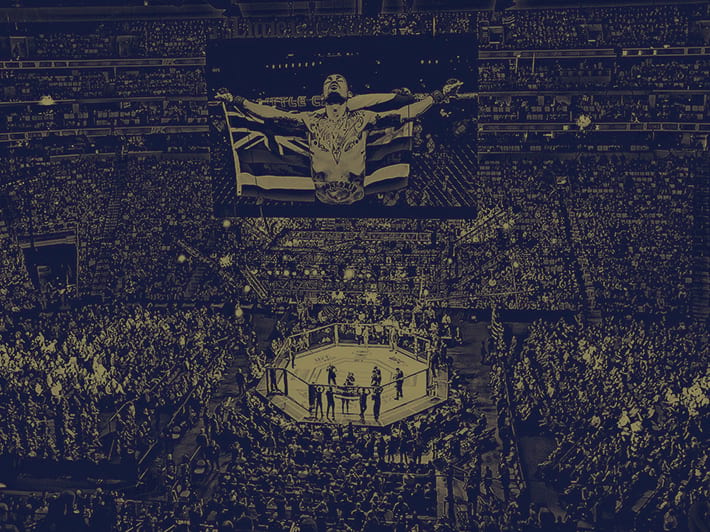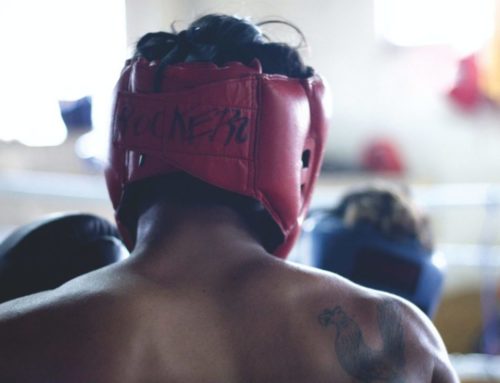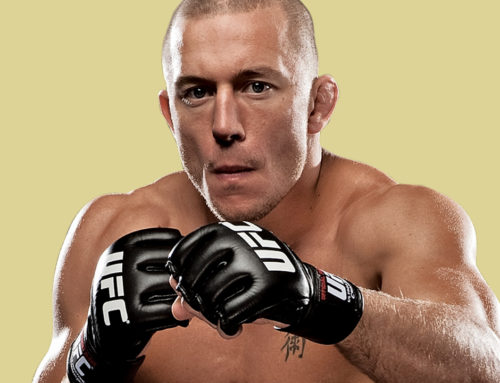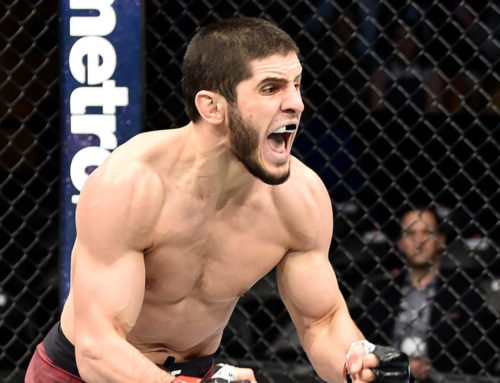The show must go on, but when fighters have to pull out at the eleventh hour, the repercussions are often serious. The financial, physical and emotional impact of pullouts just add to the already brutal demands made by MMA: sometimes the one thing worse than fighting is not fighting.
The world of combat sports, by its very nature, will produce injuries. As combatants, you’re using your own physical prowess to try and overcome a resisting opponent with both force and skill. In order to adequately train for the stresses of a fight, the sessions that athletes endure are often high-impact, and high-impact means high risk of injury.
In a sport as multi-faceted as MMA – with striking, wrestling and submissions all playing their part – there are so many variables to consider, all of which you have to train for, and all of which can lead to injury. It’s no surprise then, that we often hear of the late-notice withdrawals, which result in bouts being changed, or scrapped altogether.
Rapid extreme weight-cutting can also exacerbate these issues. It’s gone on for years, but just recently it’s started to filter down increasingly into the consciousness of the fans, with more and more tales of cuts gone wrong, catchweight encounters being forced, and even the withdrawal of competitors from a card.
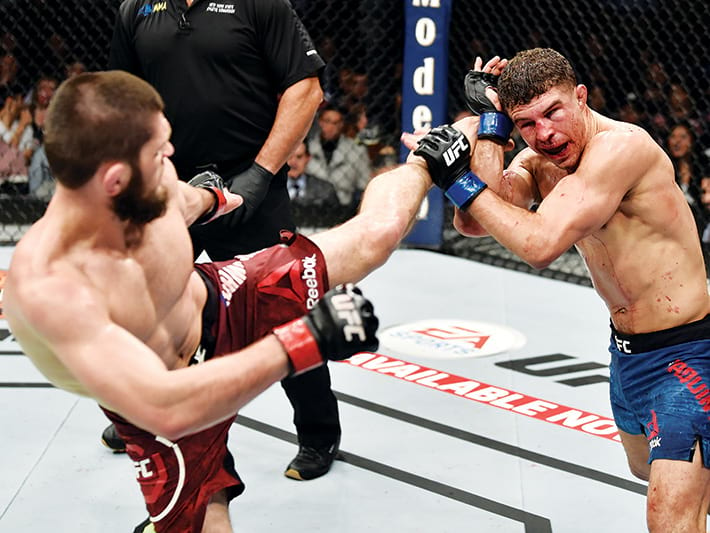
‘Raging’ Al Iaquinta stepped in bravely, but ultimately in vain, to fight Khabib Nurmagomedov at UFC 223 after Tony Ferguson withdrew.
UFC lightweight champion Khabib Nurmagomedov has been involved in every capacity. He’s been injured, he’s had injured opponents, and he’s had to withdraw due to weight cutting disasters. Most recently, and infamously after Conor McGregor’s bus attack, was UFC 223, where Khabib made it through the fight camp on weight and in shape, but his opponent didn’t.
Tony Ferguson withdrew due to a knee injury, with that jinxed match-up producing more pull-outs than Donald Trump leafing through a list of international treaties. It was the fourth time the lightweight contenders were scheduled to meet, and the fourth time it didn’t come to fruition.
Featherweight champion Max Holloway stepped up at late notice in a massive show of true fighting spirit. That would have been a bout for the ages, with a champion unafraid to take on a contest where the odds were stacked against him – certainly honourable in a fight game where many play it safe at the top. It was close, but no cigar, as the bout was withdrawn by the athletic commission after Holloway did his best to cut the weight in the short timeframe, but couldn’t do so safely.
Anthony Pettis showed some interest but didn’t have his lofty demands met, and then in came Al Iaquinta. “Raging” Al couldn’t have won the title even if he’d been victorious, after coming in on weight at 155.2lbs for his non-title clash against Paul Felder, which was 0.2lbs over the stricter championship requirements, with no chance to rectify the situation. Despite that, into the fray he went.
The chips fell, Khabib dominated, and it all worked out OK for the bear-wrestling Russian, but that’s not to say the situation was ideal. With his recent history of injuries and finally a good run of momentum, he would have battled whoever they put in front of him, but just ask Conor McGregor how these things can go wrong. No doubt you’ll hear Nate Diaz’s Stockton tones drifting down the wind, stating, “I’m not surprised, motherf**ker.”
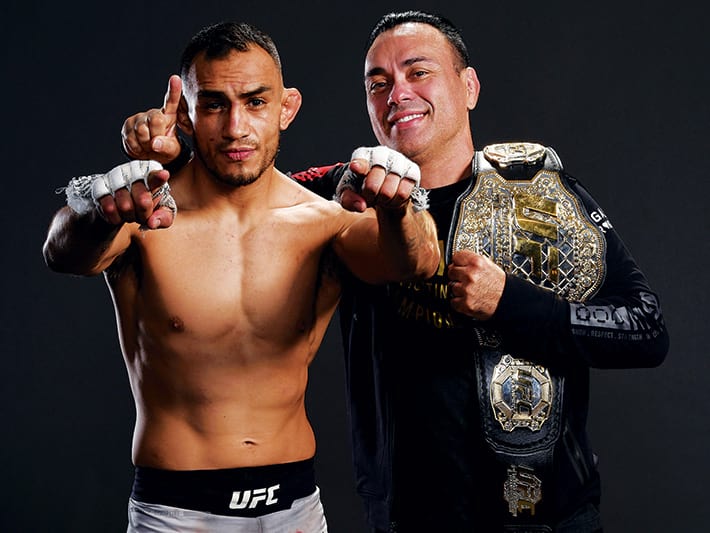
Tony Ferguson after his victory over Kevin Lee at UFC 216.
Others, like Felder for example, were left out in the cold, with the main event taking precedence and his bout left on the cutting room floor.
In this situation, Iaquinta’s willingness to step up to the plate, and his gutsy performance to go the full five-rounds, despite only preparing for three, may well have put him back in the UFC’s good books after some time at loggerheads with the promotion. Felder graciously stepping aside to keep a title fight on the card – whether he had a choice in the matter or not – may also have earned him some brownie points for future negotiations, or so you’d hope.
Depending on the level, a late withdrawal can be anything from a mere inconvenience, to a life-changing switch. Around the world, scores of MMA events take place every weekend, each with their own pull-outs, from novice amateurs to experienced pros, and everything in between. There’ll be hundreds of bout changes that raise no eyebrows in the wider MMA community.
Far away from the bright lights of Las Vegas, Caged Steel takes place in South Yorkshire’s surprising hub of MMA talent, Doncaster. The show has given rise to future UFC stars in Scott Askham and Marc Diakiese, as well as having former UFC and Bellator athlete Danny Mitchell as their matchmaker.
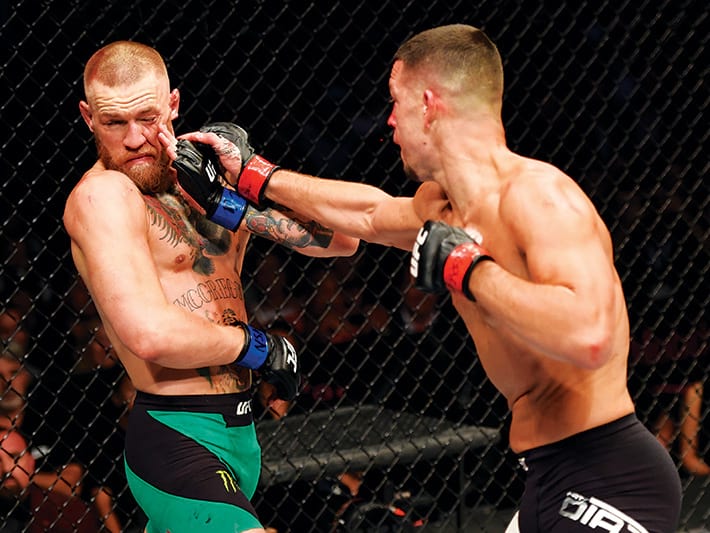
Conor McGregor gets his revenge against Nate Diaz at UFC 202. Diaz had previously inflicted McGregor’s third UFC defeat when he stepped in as a late replacment for Rafael dos Anjos at UFC 196.
However, unlike the big guns of the UFC where PPV and TV deals are king, and the events could still profit without a soul in the arena, regional outfits rely on fans in attendance to make the numbers add up.
“You need bums on seats,” reveals Caged Steel promoter, Dom Gibbs, who has now promoted over 20 events at the Doncaster Dome. “The disruption of a pull-out depends on who the opponent is, but if it’s a big ticket seller, you have the panic situation of finding somebody to fill the gap.”
With all hands on deck, phones calls are made, Facebook profiles are scanned, and favors are asked. Starting at the top of the pecking order with legitimate opponents from renowned gyms, who are unlikely to step in at such notice, then come the ‘have gumshield, will travel’ journeymen, who are willing to be booked on any notice.
This has been a fact of life in the boxing world for as long as people have been buying tickets, but that doesn’t mean a promoter like Gibbs does it without reservation, yet the show must go on.
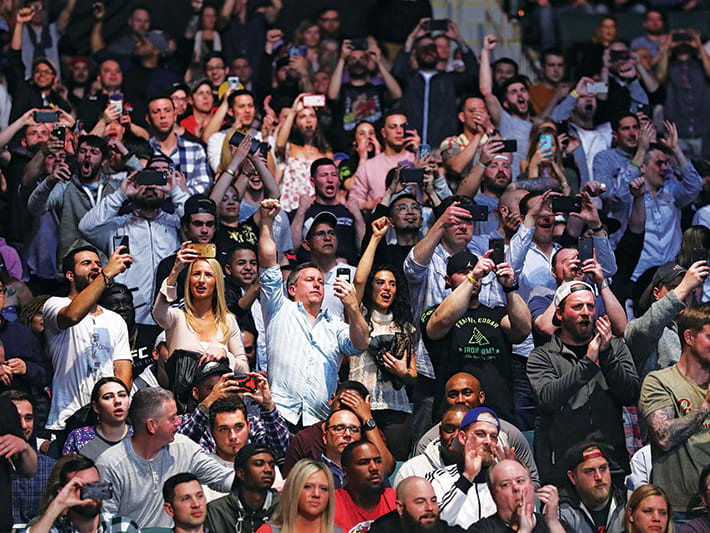
UFC Fight Night 57 where a rescheduled strawweight bout between Paige VanZant and Kailin Curran won Fight of the Night.
“There are guys willing to be show-savers, who you don’t always want to go to, but you can keep the local guy on the card,” he explains. “Disruptions can come in many ways. They can be simple, or they can be massive. We don’t want to bring the late replacements in, but without it you’ve got somebody who has sold a lot of tickets not on the bill.”
From the perspective of the promoter, it’s a business decision to keep the fans happy, but it is also a nod of respect to the fighter that has put time and effort into his own preparations, and pushed through their own struggles to get to showtime. A fighter’s next bout is always the one of paramount importance to them, and even if it’s the first bout of the amateur preliminaries on a regional show, it’s still the world to them and their fans.
Once again, having the landscape move around you is not without its own pitfalls. You only have to look at the recent run of UFC welterweight Bradley Scott to see a case in point. Despite being the one half of several fights that never faltered, it didn’t mean that it ultimately worked out in his favor in the final analysis.
The 29-year-old Brit was boarding a flight for his training camp in the USA when he was told Alex Morono was withdrawing from an agreed match-up, and it went perilously wrong from there.
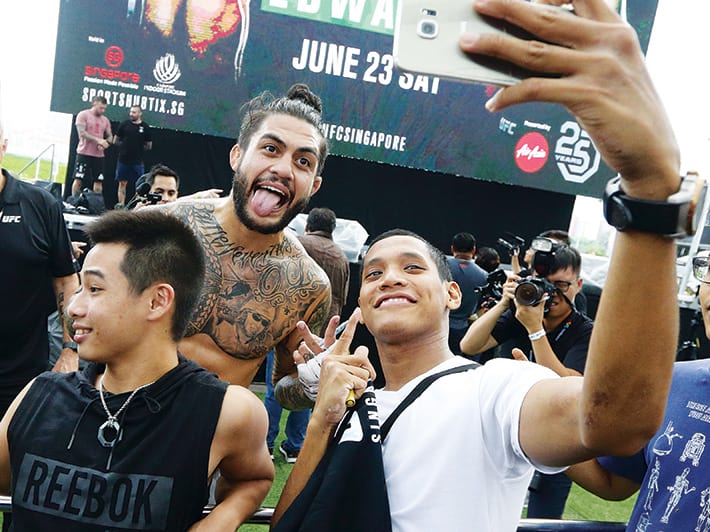
Tyson Pedro poses with fans during the UFC Fight Night Open Workout at OCBC Square, Singapore, June 20, 2018 ahead of his defeat by Ovince Saint Preux.
For Scott, to compete at the top level he must travel. It’s an investment in himself, as a rural South-West native without the full-time facilities available to him nearby, but that investment brings risks. It’s a big financial commitment to the tune of five figures to base himself out of Arizona’s The MMA Lab, and without a fight at the end of it, he’s down on the deal just by being there.
When he was rematched with Welshman Jack Marshman on a UFC card in London, only for Marshman to withdraw due to weight-cutting complications just hours from the weigh-in, he was left short. The UFC gave him half of his money, $10,000, with the promise of a match in the near future, but he was still left short.
“I was in debt from that, it cost me more to get to the fight than what I earned. I work full-time, save up, and then go do my camps at The MMA Lab, but that time I had to get back and work to pay off my coach who had lent me money.”
It’s not only the financial strain, but the mental and physical stress of the situation too. What some might not realize, is that every camp take a toll on the body, and without stepping into the Octagon at the end of it, some of your finite physical resources may have been lost for nothing.
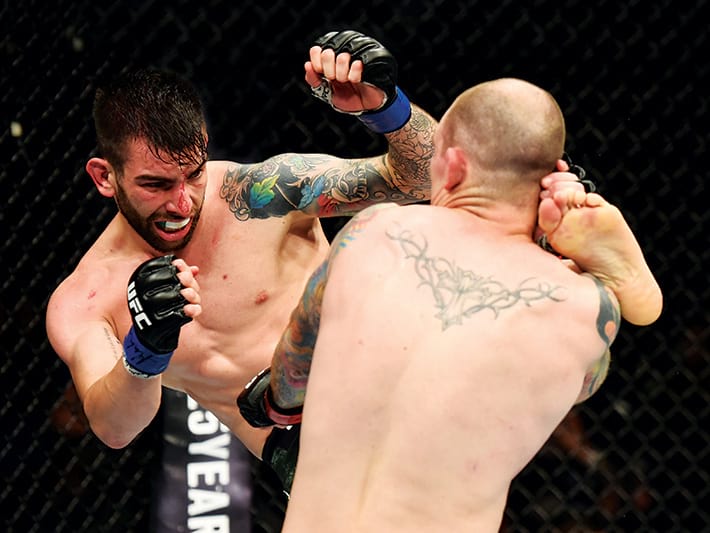
Bradley Scott (right) on his way to a split-decision defeat by southpaw stand-in, Carlo Pedersoli Jr at Fight Night 130.
Of course many will be philosophical and tell you that you’re “better for the process”, and in some ways you may be, but quite often there will be damage done that you might never fully recover from, even if it’s just the wear-and-tear of elite level fight training. Those shots you took in the hard spars, those sprains you iced your way through just so you could hold up your end of the bargain; you did them so you’d be ready on fight night, but it never came.
It didn’t end there for Scott either, who finds himself bearing the unwilling brunt of the different connotations of late withdrawals. He was indeed rematched, this time at the UFC’s first foray into Liverpool a little over two months later.
Salim Touahri was the man he’d face, but just under two weeks out, he became another victim to fight camp collateral, withdrawing with a knee injury. A week out, Scott still wasn’t matched and was losing motivation by the minute, whilst having to start the gruelling weight cut.
UFC matchmaker Sean Shelby came through, and when he calls, you answer, no matter where your motivational levels are pitched. In came Carlos Pedersoli, an Italian making his promotional debut, but a southpaw, and more of an unknown entity.
“Salim was a good fight for me,” Scott offered. “Carlo was the total opposite kind of fighter though, he’s like when you throw a cat in water and it freaks out all over.”
“I’ll fight anyone and said yes within minutes of getting a message, but it’s annoying when you’ve been practicing one thing and the guy is the complete opposite. I’d prepared for orthodox guys for six months, focused my training, and then you’ve got a new opponent and that’s out the window.”
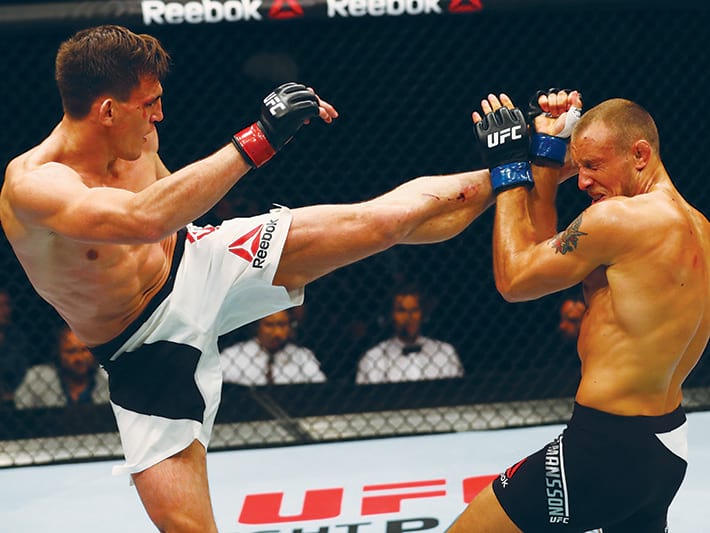
Caged Steel alum, Scott Askham (left) in losing action at UFC Fight Night 93 against Jack Hermansson.
Scott would lose an extremely close split decision against Pedersoli, earning his $20,000 show money to keep the wolves from the door, but without the win bonus to give him breathing space. With the right preparation it could have been a very different outcome, but now it’s back-to-back defeats, and back to the grindstone of his day job.
“I keep going because I just like fighting, but this stuff is stress, it’s just gone so badly,” Scott concluded, with nothing set in stone for his return.
For all the applause a late-notice stand-in gets when he can pick up the victory, there’s the guy that was ‘supposed to win’, rueing the opportunities missed, and the tiny adjustments they could have made to capture victory. Pedersoli had nothing to lose, at worst he’d gained a UFC contract, but Scott had gone from frustration to frustration, to top it all off with a bitter defeat.
If you’re operating at the top where the margins of victory become much finer, it can be scrupulous attention to the nuances of your opponent’s game that make the difference between glorious victory or crushing defeat. In some cases, it’s the difference between champagne and caviar, or bread and butter.
Whether you’re competing at the grassroots level where it all begins, or the biggest arenas packed to the rafters with legions of supporters, there’s always the chance it could happen to you. It could risk a few tickets sales, or your livelihood.
This is the hurt business, and unfortunately when that’s the name of the game the broken bodies are inevitable.
You can try and roll with the punches, but there’s every chance you’ll roll into their path instead.

